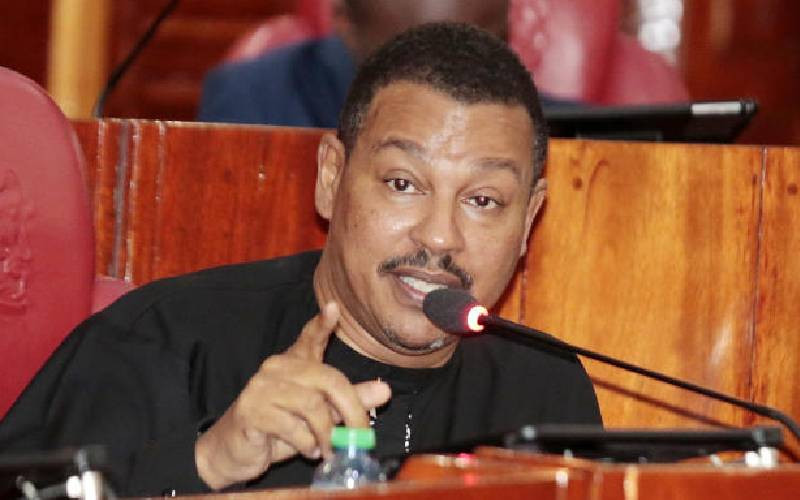×
The Standard e-Paper
Fearless, Trusted News

With less than five media mentions of Shakahola over the last month, it is safe to say national amnesia and possibly trauma has kicked in and the public has moved on.